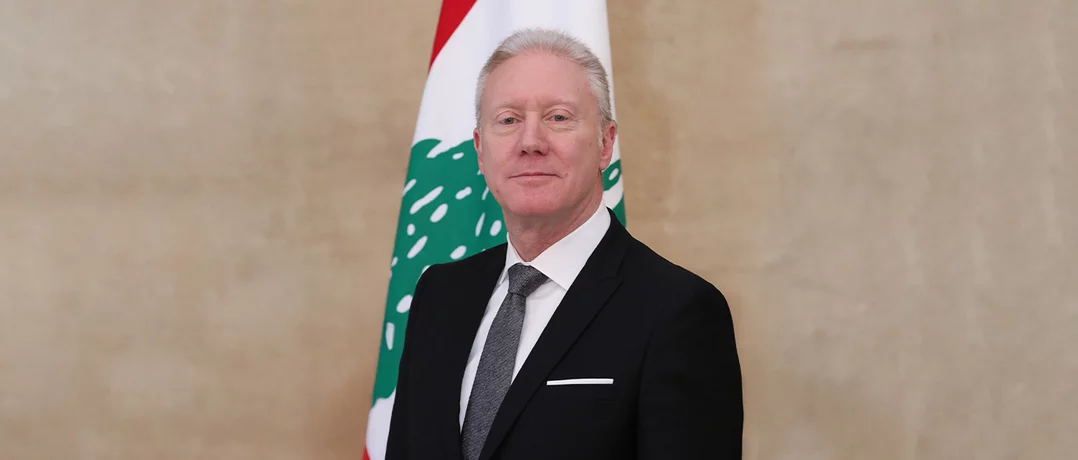Lebanon’s Foreign Ministry revamped its Authentication Department, streamlining document processing and eliminating intermediaries for faster, transparent services.
Lebanon’s authentication department renovated
Lebanon’s authentication department renovated


On November 18, 2025, Lebanese Foreign Minister Youssef Rajji inaugurated the renovated Authentication Department at the Ministry of Foreign Affairs, marking its official return to service after a comprehensive overhaul aimed at easing the processing of citizens’ paperwork.
The reopening ceremony was attended by ambassadors, diplomats, senior ministry staff, and donor representatives who contributed to the rehabilitation effort.
The foreign ministry’s rehabilitated authentication department in Beirut
Before holding a press conference, Rajji toured the updated facility to observe firsthand how the new systems were functioning. He emphasized that “the Authentication Department constitutes the main administration that connects the ministry with the citizens, and its development was an urgent necessity.” He explained that the department had been deteriorating and suffering for years from disastrous conditions due to several factors,
most notably outdated laws, lack of maintenance, the repercussions of the financial crisis in Lebanon, and the Beirut port explosion and the damage it caused to the ministry building, in addition to the widespread brokerage and bribery, long waiting times, and the emergence of some cases of forgery.
The minister explained that resources were almost non-existent when the redesign began, but contributions from donors enabled the ministry to reorganize the entire unit and introduce an operating model similar to those used in advanced banking systems; modern, automated, and insulated from intermediaries. He stressed that “transactions are now carried out through an integrated digital system that relies on the highest technological standards, making the processing time of a transaction less than one minute,” compared to the lengthy delays citizens had grown accustomed to. He pointed out that the ministry
handles about 4,000 transactions daily despite the significant shortage of staff, equipment, and funding.
Rajji highlighted a major reform: “Every transaction now carries a digital code that allows any Lebanese administration or embassy abroad to immediately verify the authenticity of the document. To ease the burden on citizens, automation has been implemented, and a contract was signed with Liban Post to handle the transactions,” noting that “the contract between the company and the state has been in place for years and the specified fees go exclusively to the Lebanese treasury.” He added that “with this system, we have eliminated about 99% of brokerage, and citizens no longer need an intermediary or to pay a bribe” to complete their paperwork. He praised the efforts of ministry employees and donor organizations, saying their combined support made the workflow faster, fairer, and more transparent.
What about other authentication departments in other regions?
Minister Rajji also announced the opening of additional authentication offices in Zahle, Tripoli, and Sidon, with more branches planned in the coming months to reduce pressure on the Beirut headquarters and improve access for residents across the country.
Concluding his remarks, Raji affirmed that the reforms were real and fully underway, declaring: “We promised, and we delivered.”


